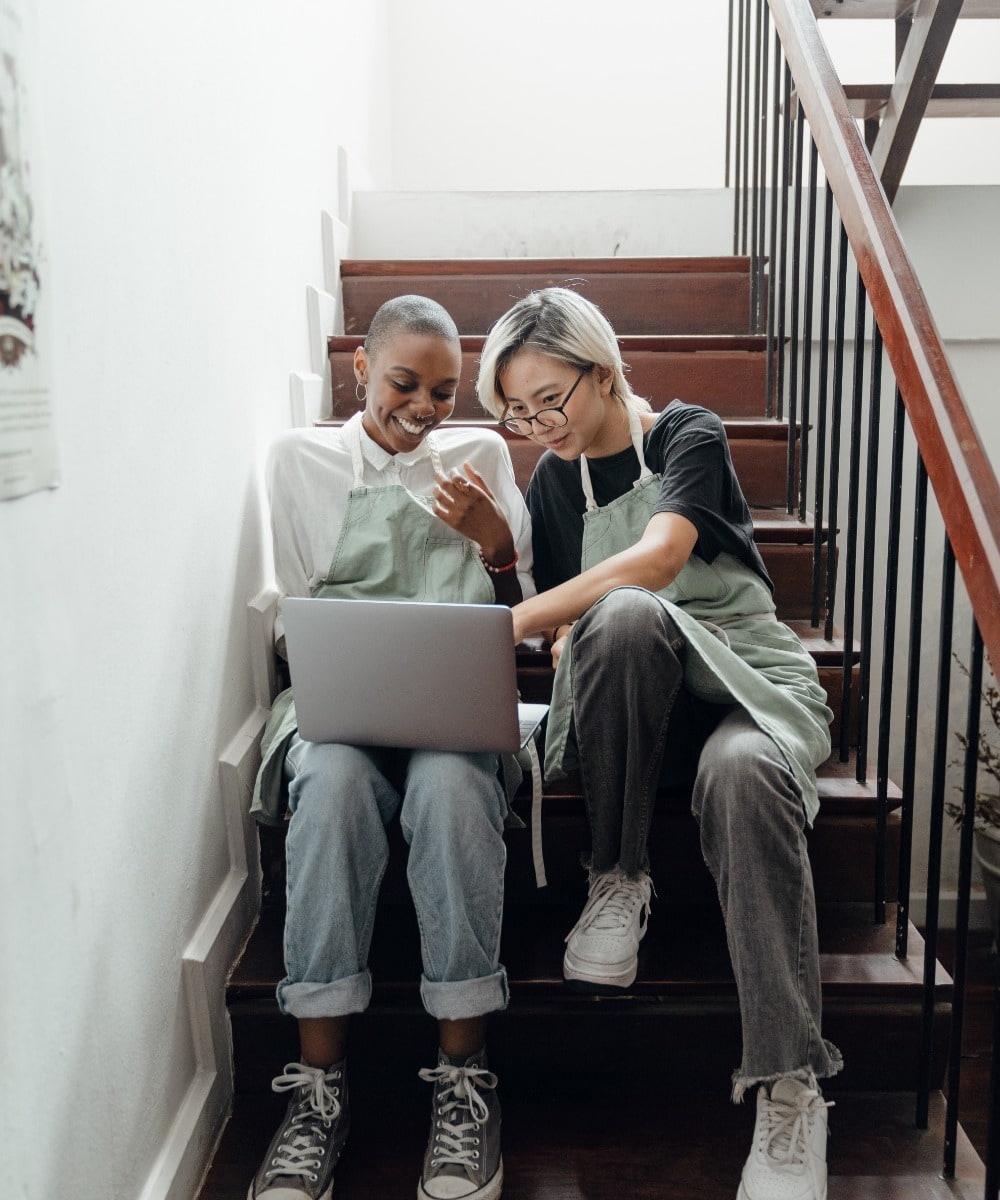Our Services


Individual Assessment: We conduct a thorough assessment of the individual’s abilities and needs soon after diagnosis. This includes evaluating their remaining sensory functions, communication preferences, and daily living skills.
Accordingly to Care Act 2014, there are provisions for specialist assessments to ensure that specific needs are properly identified and addressed. Specialist Assessments specialists is essential in the assessment process by other professionals such as a Social worker providing information about a person's Sensory loss-related needs.
Training Programs: We offer training for using long
canes, guide dogs, and other mobility aids to
enhance independence.
We also provide training to children and young
people who are blind or partially sighted.
We assist students with diverse needs, particularly those who are blind or visually impaired. Conduct professional assessments of campus locations. Develop and implement individualized training programs based on assessed needs. Teach students safe routes around the campus, using either a long cane or a guide dog. Support students in navigating their University campus independently.
Household Chores: We assist with performing household chores like cleaning, laundry, and maintenance.
Meal Preparation: We help with planning, preparing, and cooking meals.
The service provides opportunities for Adults ,children and young people to develop their independence skills through group meeting session or 1:1 drop in sessions.
Special Equipment Training: We provide training on
using special equipment.
Communication Devices: We assist with using the
telephone, email, or other communication devices.
Learning Braille: We offer instruction in learning braille.
We also offer monthly Zooms for Tech Talk groups, Meet and Share life experiences.
The sessions offer facts and information about different impact of sensory loss, as well as practical training to help better support people with sensory loss. Sensory Loss Awareness Training (SLAT) sessions can be at least couple of hours-long, half-day or full-day sessions depending on your needs.
Session covered include: Understanding about Sensory loss, using stimulation glasses to experience the effects of common causes of sight loss and how to guide a person with sight loss safely in different scenarios (sighted guide).
If you are looking on how to accommodate and support somebody with sight loss. Get in touch
People with visual impairments can access an environment in many ways, as follows:
Lighting: increase natural light with new windows or light wells, and use task lamps..
Color: use bright colors and bold patterns.
Contrast: create contrast between doors, doorframes, and furniture.
Size: use large print and bigger screens.
Safety: remove tripping hazards and install safety features.
Signage: use inclusive, eye-level signage.
Aids and gadgets: use products like a Penfriend labeller or talking microwave.